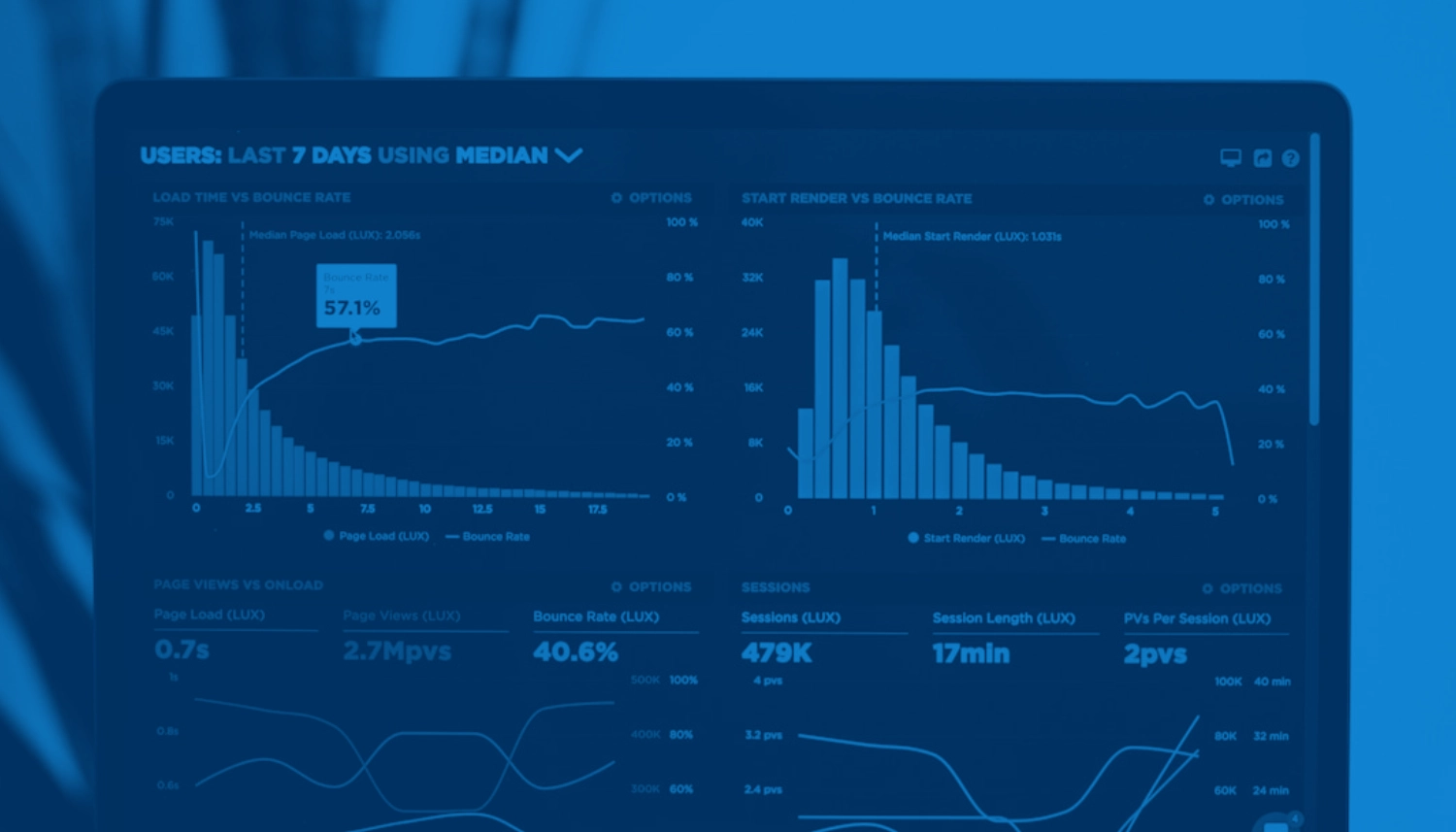In the fast-paced world of digital marketing, understanding and leveraging the right metrics can make or break your marketing strategy. But what exactly are digital marketing metrics, and why are they so crucial? Let’s dive into the importance of these metrics, the key ones to track, how to analyze them, and their impact on your marketing strategies.
Table of Contents:
The Importance of Digital Marketing Metrics
Digital marketing metrics are essential for measuring the success of your marketing campaigns. They provide insights into how well your strategies are performing and help you make informed decisions. Without these metrics, marketers would be flying blind, unable to determine the effectiveness of their efforts or justify their marketing spend.
According to Amazon Advertising, these metrics help brands track progress toward key performance indicators (KPIs), optimize current strategies, and plan future campaigns. They serve as an early warning system if campaigns underperform and demonstrate the impact of marketing efforts, influencing annual budgets and resource allocation.
Key Metrics to Track

- Return on Investment (ROI): This is the most basic and important metric, measuring the profitability of your marketing efforts.
- Website Traffic: Total visits to your site can indicate the reach and effectiveness of your campaigns.
- Conversion Rate: The percentage of visitors who complete a desired action, such as making a purchase.
- Customer Retention Rate: Measures how well you maintain your client base over time.
- Cost Per Click (CPC): Evaluates the efficiency of your digital ads in reaching potential customers.
- Social Media Engagement: Tracks how well your audience interacts with your content on social platforms.
How to Analyze These Metrics
Analyzing digital marketing metrics involves understanding what each metric tells you about your marketing efforts. Here are some tips:
- Use Tools: Utilize tools like Google Analytics for site traffic and specialized software for sales data to track KPIs accurately.
- Focus on Conversion Rates: High conversion rates indicate successful strategies. Analyze what works and replicate it.
- Monitor Social Media Engagement: Use scheduling apps that provide engagement analytics to understand audience interaction.
- Evaluate ROAS: Compare your ad spend to the revenue generated to identify the most effective channels.
These metrics help businesses understand what works and what doesn’t, allowing them to invest in successful strategies and minimize ineffective ones.
Impact on Marketing Strategies
Digital marketing metrics have a profound impact on shaping marketing strategies. They provide a clear picture of campaign effectiveness, helping marketers optimize budget allocation and refine target audiences. By focusing on the right metrics, businesses can enhance their marketing efforts, improve customer engagement, and ultimately drive more sales.
Tips for Businesses
- Set Clear Goals: Define what success looks like for your campaigns and choose metrics that align with these goals.
- Regularly Review Metrics: Consistently monitor your metrics to stay informed about your campaign’s performance.
- Adjust Strategies Accordingly: Use insights from your metrics to tweak and improve your marketing strategies.

In conclusion, mastering digital marketing metrics is crucial for any business looking to succeed in the digital landscape. By understanding and effectively utilizing these metrics, you can enhance your marketing efforts and achieve your business goals.
For more insights and assistance with your digital marketing strategies, consider partnering with SysteMarketing. We specialize in helping tech companies optimize their digital marketing efforts for maximum impact.
FAQ
What are digital marketing metrics?
Digital marketing metrics are quantifiable measures used to evaluate the success and effectiveness of marketing campaigns across digital platforms. They provide insights into various aspects of marketing performance, helping businesses understand how well their strategies are working and where improvements can be made. Key metrics include website traffic, conversion rates, click-through rates (CTR), engagement rates, and return on investment (ROI).
Why are digital marketing metrics important?
Digital marketing metrics offer data-driven insights that guide decision-making. By analyzing these metrics, businesses can identify which strategies drive the most traffic, generate the highest engagement, or convert the most leads into customers. This information is crucial for optimizing marketing efforts, allocating resources efficiently, and achieving business goals.
How can businesses track digital marketing metrics?
Businesses can track digital marketing metrics using data-tracking software like Google Analytics 4, Google Search Console, and MarketingCloudFX. These tools help set marketing goals, track user interactions, and provide performance reports. Key performance indicators (KPIs) such as conversion rate, cost per lead, and return on investment are essential for assessing campaign health and making informed adjustments.
What are some key digital marketing metrics to focus on?
Key digital marketing metrics include website metrics (total visitors, bounce rate), SEO metrics (organic traffic, keyword rankings), conversion rate, click-through rate, cost per click, customer acquisition cost, and return on ad spend. These metrics provide actionable insights for data-driven decision-making and continuous improvement in marketing strategies.
How do digital marketing metrics influence marketing strategies?
Digital marketing metrics shape and refine marketing strategies by providing quantifiable insights into campaign effectiveness. They help marketers track performance against KPIs and business goals, optimize current efforts, and plan future strategies. Metrics like email opens, click-through rates, and conversion rates offer insights into engagement levels, campaign reach, and cost efficiency, allowing marketers to adjust strategies in real-time and demonstrate the impact of marketing efforts.
Looking for Tailored Digital Marketing Strategy?



